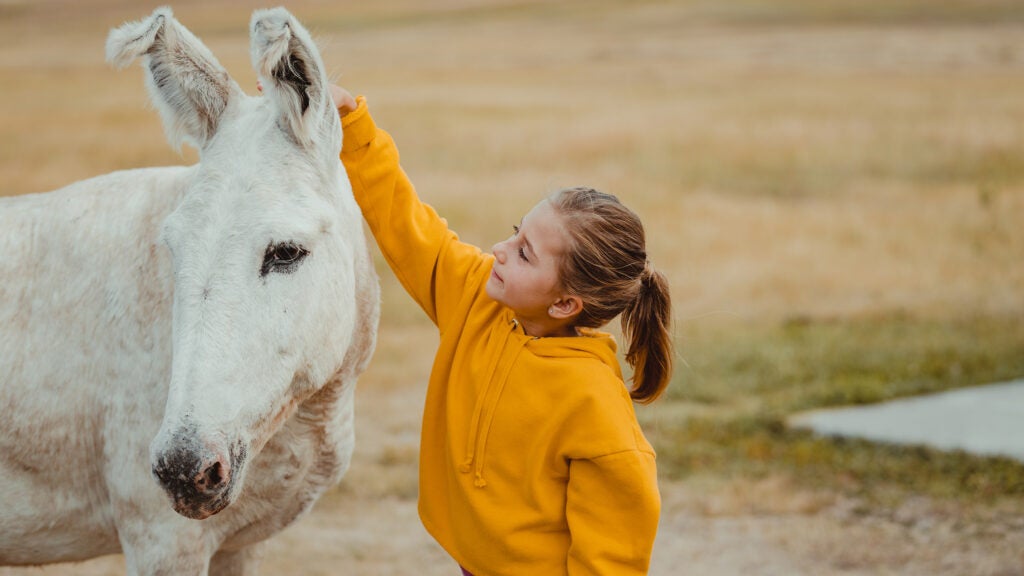Toward understanding, she interviews psychiatrists and neuroscientists. She returns to her California hometown, San Jose, to speak to former classmates and teachers about the parental abuse she remembers as being rampant in her diverse immigrant community. Foo, whose parents are Malaysian, proposes that this abuse is the shadow side of the “model minority” stereotype: “I am a product of place,” she writes. “All of us are victims of a dysfunctional community that was very good at throttling itself while murmuring: ‘Smile through your tears. Swallow your pain.’”
Toward healing, Foo quits her stressful job at “This American Life” and tries everything from eye-movement therapy, or E.M.D.R., to yin yoga, acupuncture, breathwork, sound baths, gratitude and hallucinogens. Some chapters feel overstuffed with summarized therapeutic activities. But there are also many profoundly affecting moments such as when, during an E.M.D.R. session, Foo tells her child-self, “Just remember that eventually you will be loved, I promise.” And she will be. In the book’s final section, we see Foo get married, surrounded by her chosen family, “flawed and still growing but full of light nonetheless.”
In the essay collection YOU’VE CHANGED: Fake Accents, Feminism, and Other Comedies From Myanmar (214 pp., Catapult, $26), Pyae Moe Thet War reflects on the historical, political and social forces that have affected her feelings about her native country, culture, language, body and more.
Across two essays she lucidly examines her fraught relationship with her own name. “Myanmar families typically don’t have shared last names,” she writes, “and we never have middle names,” a reality that confuses many Westerners. Her legal name, Moe Thet War, is one whole name, not meant to be divided into parts. But people close to her call her Pyae Pyae, a name many foreigners struggle to say correctly — first at the international school she attends in Myanmar’s then-capital of Yangon, then at college in the United States and graduate school in England. As a student, she considers using a Western nickname, and realizes that she has unwittingly begun to mispronounce Pyae Pyae herself in order to “cater to my white teachers,” offering an intimate and powerful example of how postcolonialism and globalization fracture identities.
Several other essays cannily use food as a lens through which to explore racism, body-shaming and societal expectations based on nationality. Is the author’s passion for Western baking the result of internalized racism? Should she be ashamed of not knowing how to whip up curries like her grandmother? How can she reconcile the fact that “to be Myanmar means to love rice” with the scrutiny and criticism she endures for eating too much of it? “Women are consistently accused of being hangry,” she writes wryly, “but of course we get hangry. Look what you’ve turned us into.”












